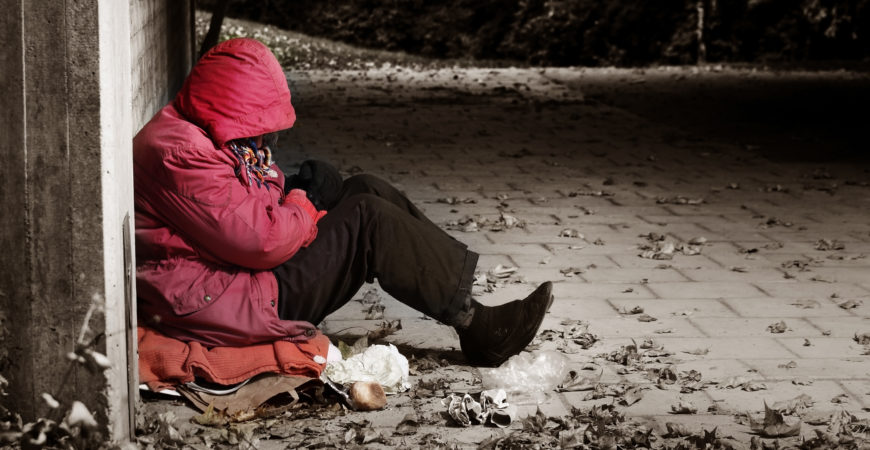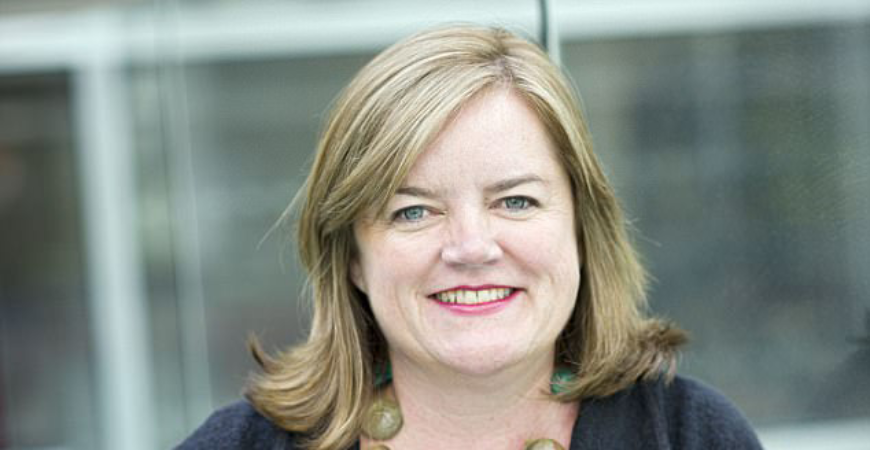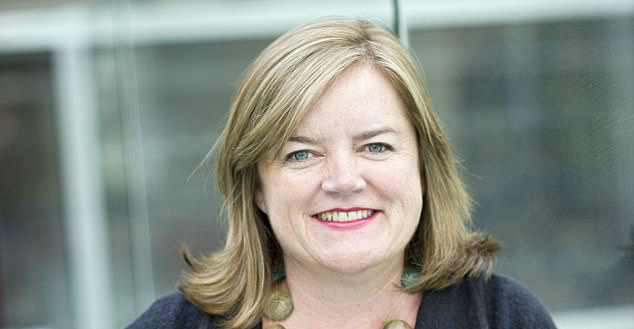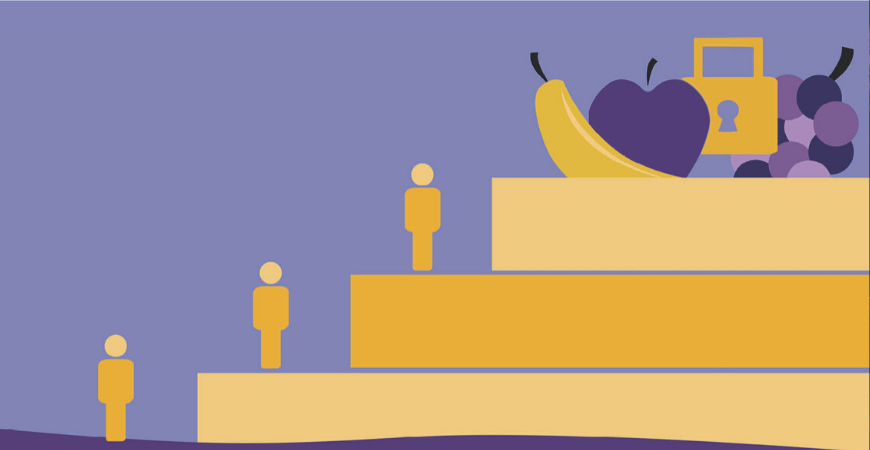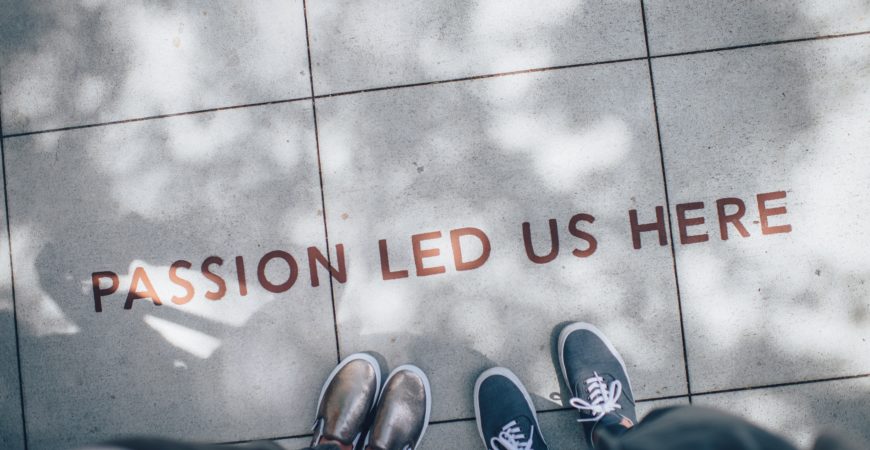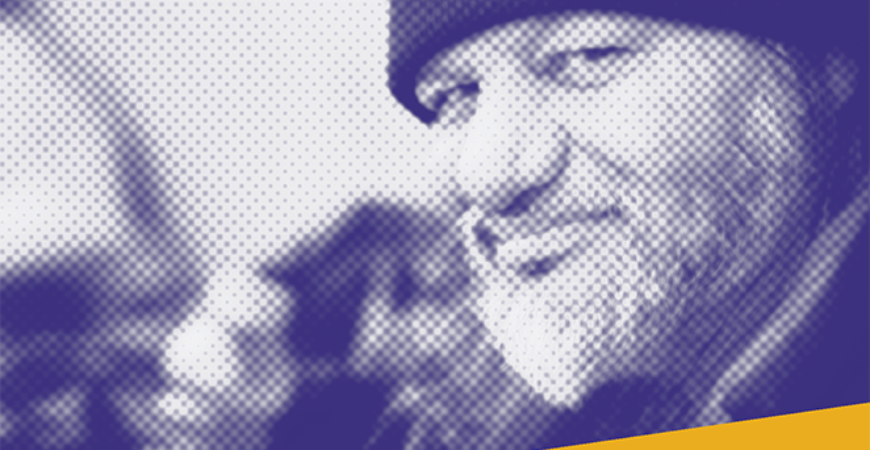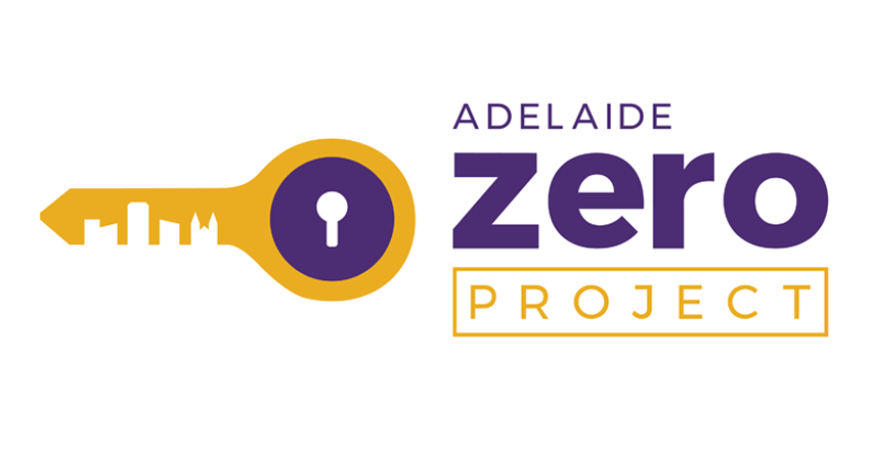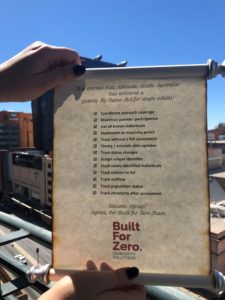Communications statement regarding Adelaide Zero Project transition
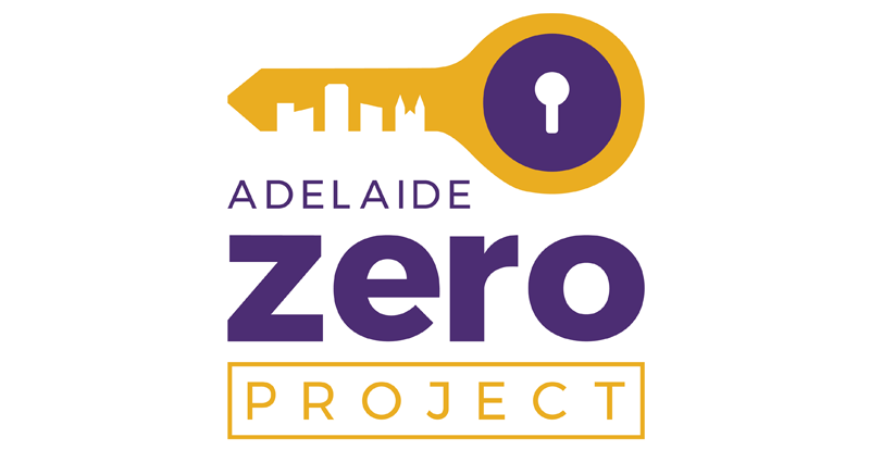
July 2021
Since 2018, the Adelaide Zero Project has worked towards Functional Zero homelessness for people sleeping rough in the inner city, through a collective effort from over 40 crosssector partners. Functional Zero is achieved when the average capacity of a community’s housing system is greater than the existing need.
As part of the SA Housing Authority’s reforms, the newly formed Toward Home Alliance will support people at risk of, or experiencing homelessness, across the city and Southern Adelaide region. The Toward Home Alliance has committed to supporting the continuation of the Adelaide Zero Project in the inner city for an initial 12 months from July 2021.
This provides an opportunity to maintain and build on Adelaide Zero Project’s collaboration, innovative and nation- leading tools, practices and shared data, including the By-Name List. The Adelaide Zero Project will also share learnings with other Alliances and communities to show how the model can be applied to other forms of homelessness, cohorts and locations.
Ending homelessness requires a whole-of-community response and the Adelaide Zero Project, together with the Toward Home Alliance, will continue to collaborate with a range of organisations across sectors to achieve Functional Zero for people sleeping rough in the city.
The Toward Home Alliance comprises Lutheran Community Care, Aboriginal Community Services, Baptist Care SA, Mission Australia, Sonder and The Salvation Army who look forward to working with Adelaide Zero Project partners to continue this important work.
The Toward Home Alliance wishes to acknowledge the significant dedication and work undertaken by Adelaide Zero Project partners to date in its efforts to end rough-sleeping in the city, particularly during the COVID-19 emergency response in 2020.
Further updates on the Adelaide Zero Project will be available at adelaidezeroproject.org.au
and the Toward Home Alliance at www.lccare.org.au/toward-home/


